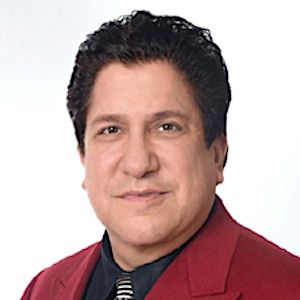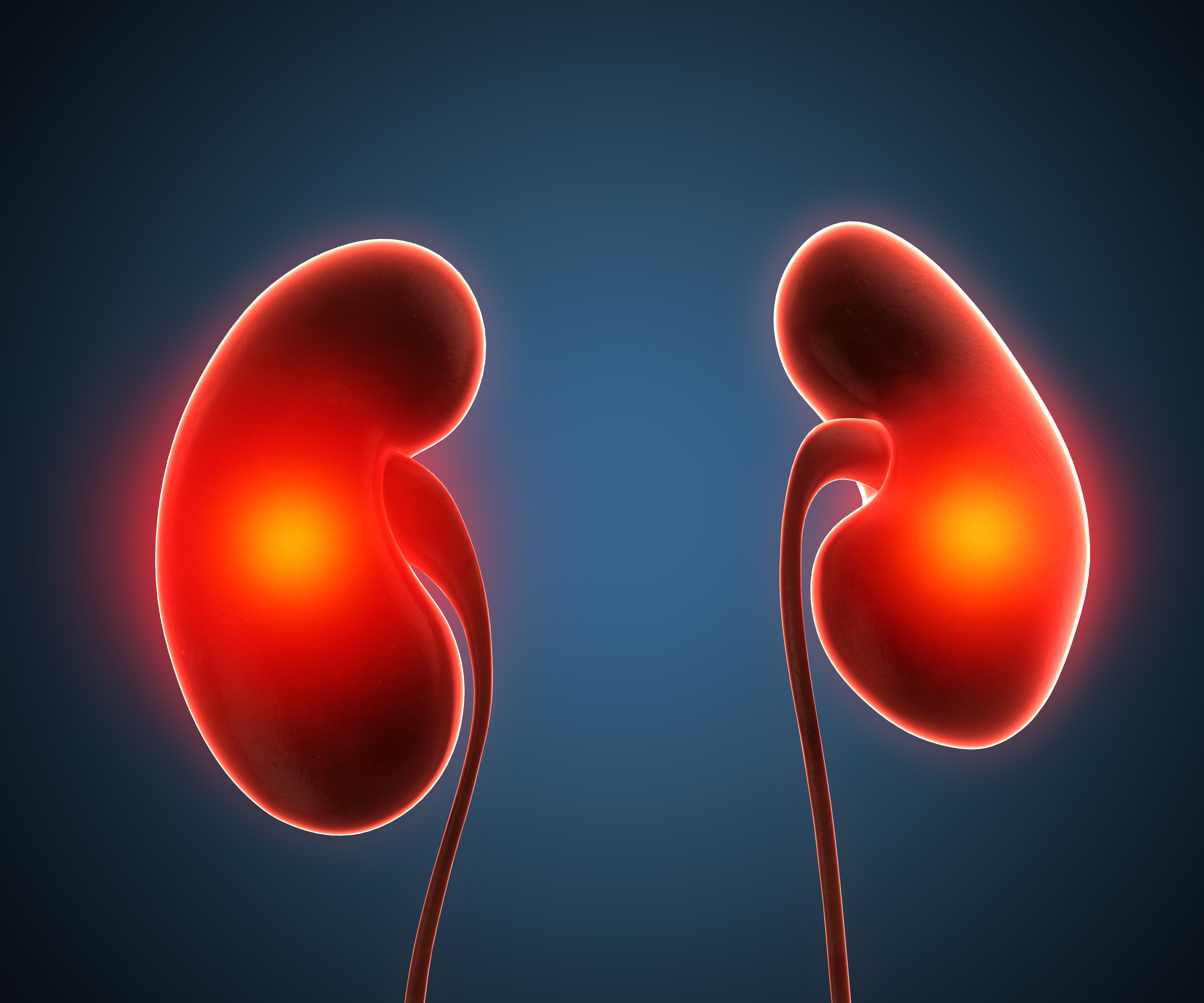News
Article
James Q. Del Rosso, DO: What's New for Acne, Rosacea, Psoriasis, Other Common Dermatoses
Author(s):
In this interview, Del Rosso spoke on takeaways from his conference talk ‘What's New in the Medicine Chest? Acne, Rosacea, Actinic Keratoses, Psoriasis, Urticaria and Other Common Dermatoses.’
James Q. Del Rosso, DO
Credit: American Osteopathic College of Dermatology

As another year begins, new data comes out every month on treatments for different dermatologic conditions affecting millions of Americans and patients around the world. At the 2024 Winter Clinical Dermatology Conference in Hawaii, some of the latest data was highlighted for clinicians.
During an interview with the HCPLive editorial team, James Q. Del Rosso, DO, spoke about the biggest takeaways from his Winter Clinical talk ‘What's New in the Medicine Chest? Acne, Rosacea, Actinic Keratoses, Psoriasis, Urticaria and Other Common Dermatoses.’
HCPLive: In your talk, you discuss what’s new in the armamentarium for dermatologists lately. What major takeaways would you like viewers of the presentation to know?
Del Rosso: So we talked about topical topical tirbanibulin, which is a topical agent used for field treatment of actinic keratosis. It is supplied once a day for 5 days. So it's very convenient, and easy for patients to use. But Neal Bhatia spearheaded a study where unlike the clinical trials, the phase 3 clinical trials for actinic keratosis, where they evaluate the efficacy and tolerability in a small, 25-square centimeter area, and this was larger area.
So this was a way it would be used in clinical practice, to an anatomic unit like the scalp, for example, or the face…Essentially, it turned out that the efficacy and the tolerability was consistent with what was seen in the original phase 3 clinical trials which was was very good because it's short, patients do it, they apply for 5 days…Patients like it because it's quick and easy to use, and you get the efficacy results and very favorable tolerability.
HCPLive: What about new data in the psoriasis space?
Del Rosso: A couple of other things in the area of psoriasis. I discussed oral apremilast, which is a PDE4-inhibitor given orally for any severity of plaque psoriasis. There's data now that we've gotten from our colleagues in rheumatology that it is effective for psoriatic arthritis, which is actually useful. So it’s FDA approved for but even in milder case, so if you have a patient where you're seeing them with plaque psoriasis and you feel they have psoriatic arthritis, and maybe they're not quite ready or cannot get approval for an injectable biologic, this agent is FDA approved and shown to be effective. Even in those earlier cases, it can make a difference.
There's also data that I presented on a separate study on oral apremilast for genital psoriasis, which is very helpful in many cases. Now bimekizumab is the new kid on the block. It's an anti IL-17A and anti IL-17F, where the previous agents approved for psoriasis that are IL17 inhibitors are only for IL17A. This has clearly made a difference in terms of augmented the speed of effect and the extent of the efficacy. This is really a very effective drug. There's a lot of data on it, including comparative trials.
Essentially, what was shown was when you start to give this medication, it is 320 milligrams subcutaneously every 4 weeks up to Week 16. So up to that point in time, if it's being given once a month, then after that it can be spread out to every other month, every 8 weeks, except for people that have very large body weight as there are criteria for that. About a third of the patients with biologic experience with any other type of biologic…after a single dose of this, there's such a rapid effect, that about 4 - 10 patients achieved PASI90.
HCPLive: Could you discuss any data regarding the treatment’s safety profile?
Del Rosso: A few important points in terms of safety, we know that anti IL17 can increase the risk of candidiasis, most commonly, oral candidiasis like oral thrush, we know can happen. It happens more with this particular drug than with the other anti IL17s. But it's typically something that's easily manageable with oral nystatins…or with the oral fluconazole. So typically, it's not something that's problematic in terms of managing.
Now a couple of points I think are important, as there's been some confusion. There are no boxed warnings with bimekizumab and there are no contraindications. The FDA in recent years has drilled down more on obtaining information on suicidal ideation and behavior. That was done in new studies with bimekizumab. And attention is brought to that, to be cautious about that, but that's not only true with this drug that's true with psoriasis in general and any other of the agents that we treat. There’s no known causal relationship between suicidal ideation or behavior and bimzekizumab or with any other therapies. But it's something that we need to be aware of.
HCPLive: What did your discussion cover on topical treatments?
Del Rosso: There's topical tapinarof, which is an aryl hydrocarbon receptor modulator. There's some phase 4 data on intertriginous psoriasis, applied once-a-day. Now recognize that in the approval of the drug once-a-day for plaque psoriasis, intertriginous psoriasis and genital psoriasis were included. But this was a separate phase 4 study to look only at intertriginous psoriasis and it was very effective and very well tolerated…
I also covered the new nonsteroidal topical agents, topical tapinarof and topical roflumilast, both of which are FDA-approved for the treatment of plaque psoriasis. And with tapinarof, the original phase 3 trials included intertriginous psoriasis, but I presented data from an open label phase 4 study that specifically looked at efficacy, tolerability and safety in intertriginous psoriasis and it proved to be effective, safe, and well tolerated.
Now the phase 3 data for topical tapinarof once-a-day for atopic dermatitis has been submitted and that is under evaluation by the FDA. We are anticipating FDA approval and I can tell you when you look at all the parameters, whether it's Investigator's Global Assessment, itch reduction, EASI score reduction, the efficacy was very high and very impressive with this particular agent. And there is data down to 2 years of age. So that's very encouraging.
This interview transcription was edited for the purposes of clarity.





